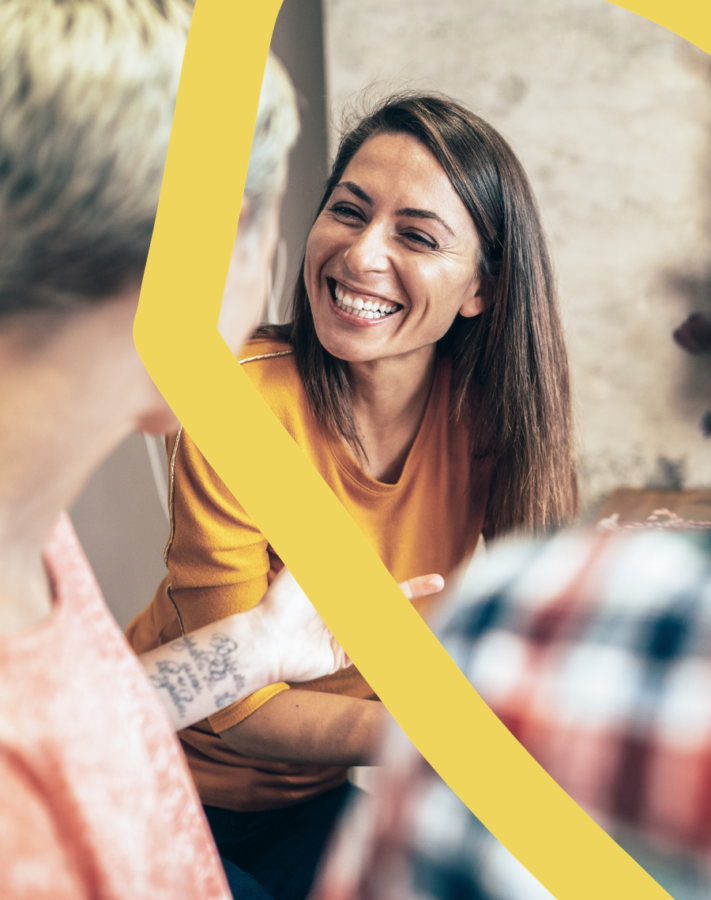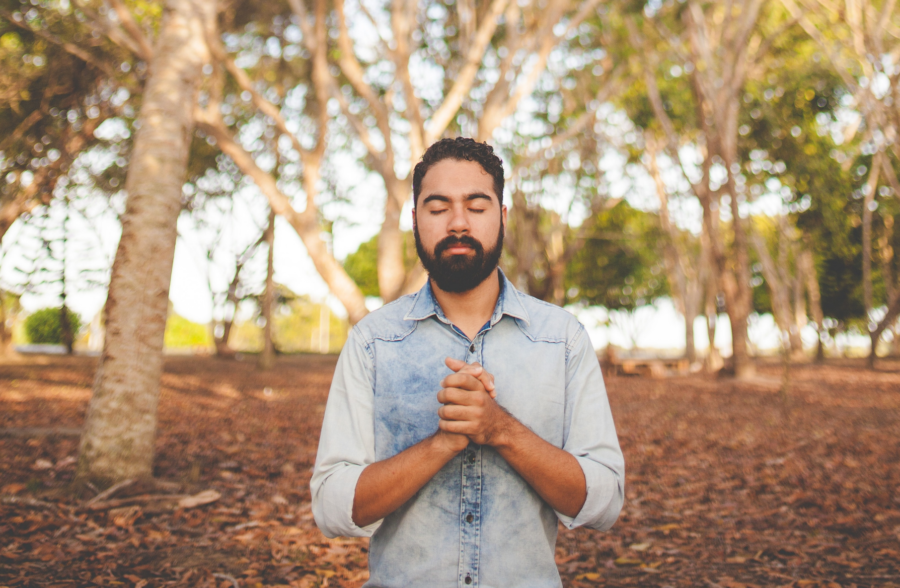The art of forgiveness

Why is it so hard to forgive ourselves? We hold onto our mistakes, we hold them over our heads as reminders of our imperfections and as proof of our inadequacies. It may be small mistakes that we are holding on to, playing them back over in our heads like a black and white home movie.
Or perhaps they’re massive blunders that have altered the course of our lives. Either way, is this inability or reluctance to forgive ourselves helpful? What is its function? Does it serve us, our lives, our values? Or is it holding us back in some way?
Forgiveness has been linked to many positive health benefits, including increased well-being; a lack of forgiveness has been associated with mental health and relationship problems. Broadly there appears to be a consensus that ‘forgiving’ is good. Despite this, it is not always easy, and many of us appear to struggle most when it comes to forgiving one person in particular – ourselves.
So, what if we forgave ourselves? A few months back I watched the film ‘Wild’ based on the #1 New York Times bestselling memoir of the same name. The story revolves around the protagonist Cheryl Strayed, a young woman who engaged in, and became immersed by self-destructive behaviours which ultimately lead to the dissolution of her marriage following the death of her mother.
Cheryl StrayedWhat if I forgave myself?
In an attempt to recover her life, Strayed, with no formal training, set out alone to hike the Pacific Crest Trail (one of America’s toughest and longest trails). In the process of rediscovering herself, Strayed is faced with reliving the mistakes of her past, and learns that in order to regain herself, she must first forgive herself; “What if I forgave myself? I thought. What if I forgave myself even though I’d done something I shouldn’t have?”
With Strayed’s example, we can see that when we forgive ourselves, as when we forgive others we are not pardoning or excusing the behaviour – we are not forgetting… Rather we’re acknowledging the mistake, and perhaps noting that we would do things differently next time. Instead of holding on to the bitterness of unforgiveness, and allowing this to affect our relationship with ourselves and ultimately influence our lives and our stories – we are acknowledging, and unhooking; we are setting ourselves free from the chains of the past, and enabling us to live in the fullness of this day.
One road to self-forgiveness is through exercising self-compassion. According to Kristen Neff, self-compassion is extending compassion to oneself in times of perceived inadequacy, or suffering. She views self-compassion as being composed of three core components: mindfulness, common humanity, and self-kindness.
How to use self-compassion as a tool of self-forgiveness:
1. Be mindful of what you’re holding on to, notice what stories your are telling yourself, and what past memories you are relieving. Question and evaluate the function of the unforgiveness – is it serving you?
2. Acknowledge that you are human – and thus not alone in your imperfections, nor your suffering.
3. Be kind to yourself – give yourself the same caring, understanding and compassion that you would to a friend.





